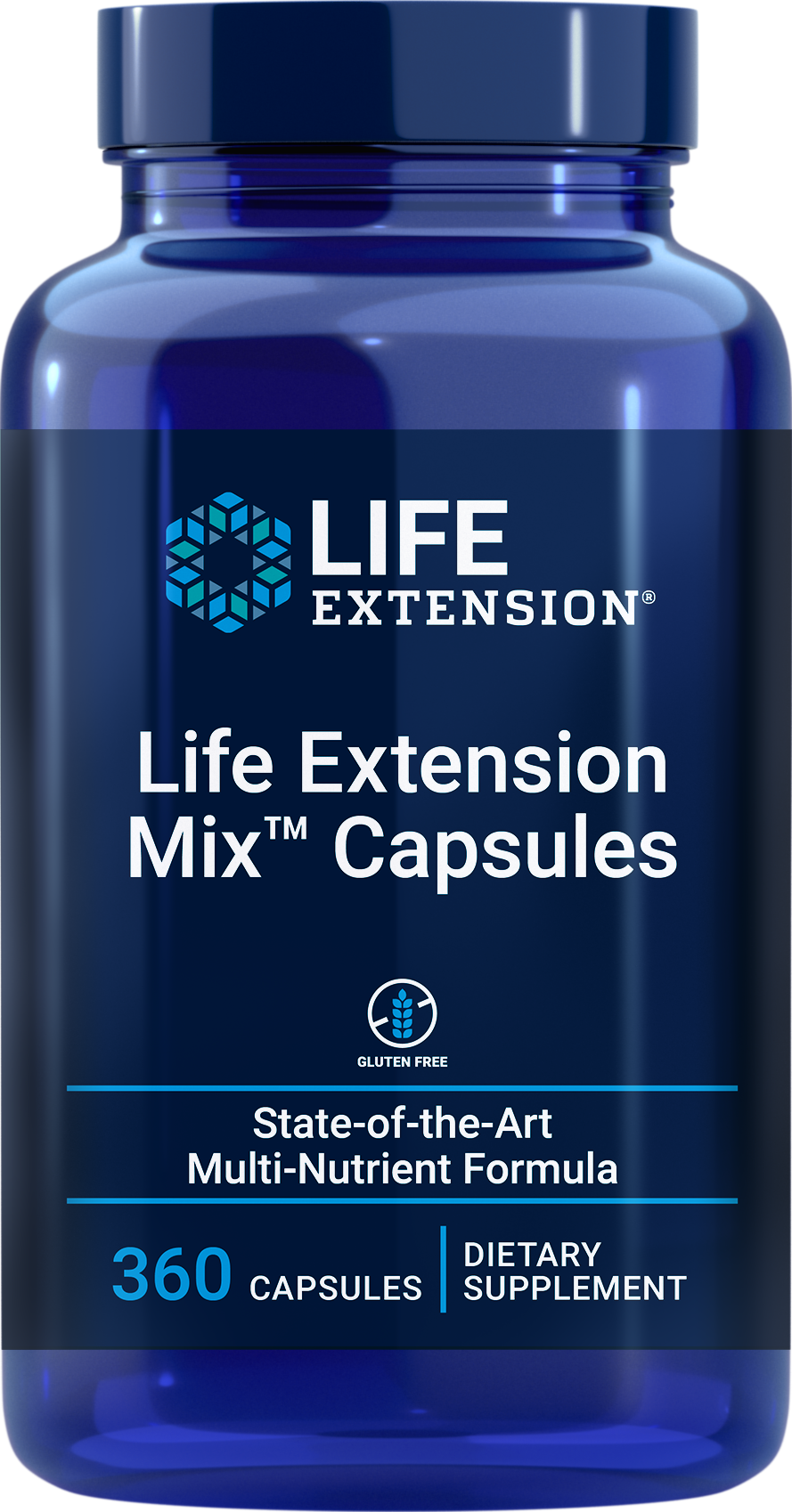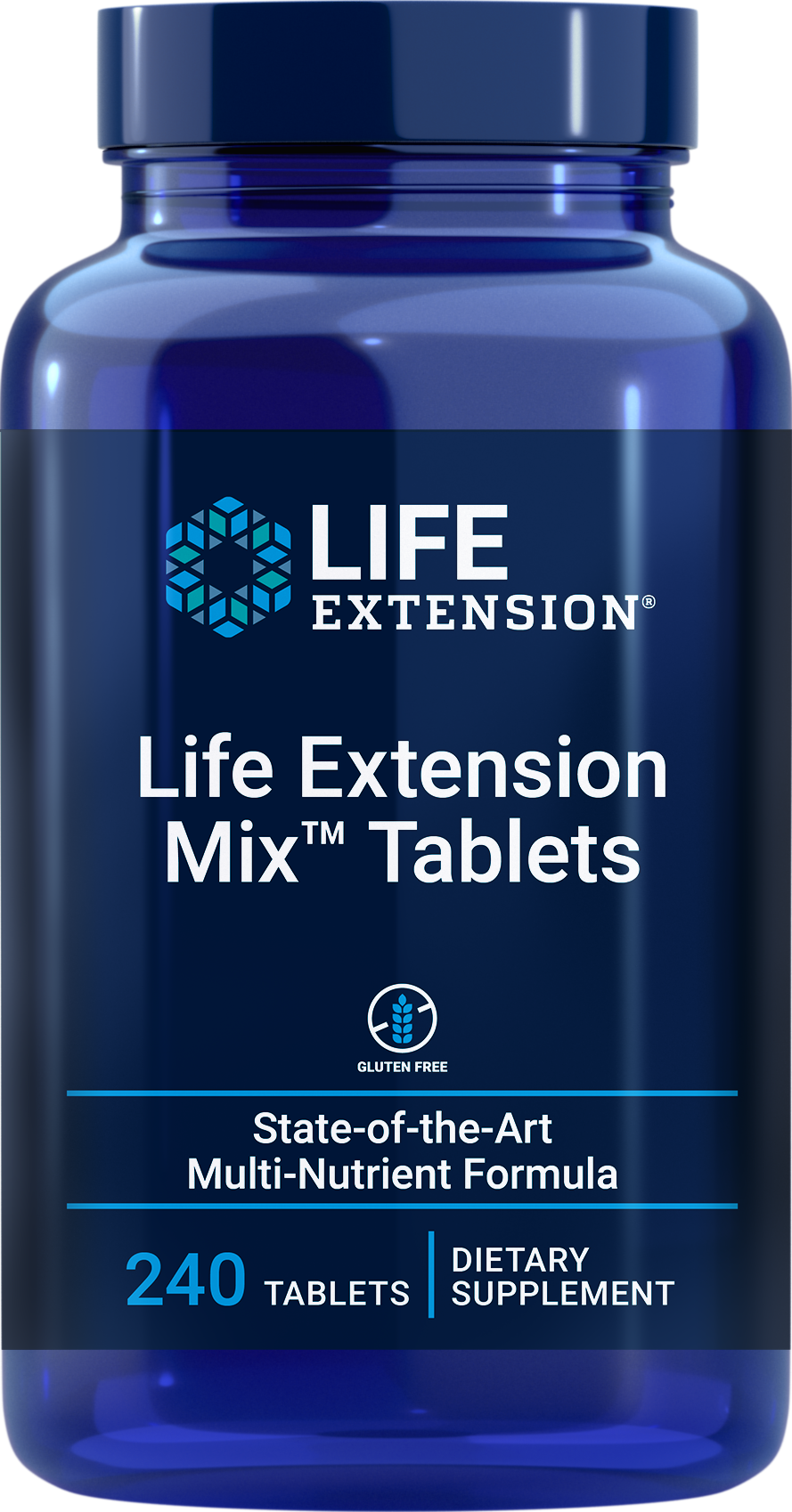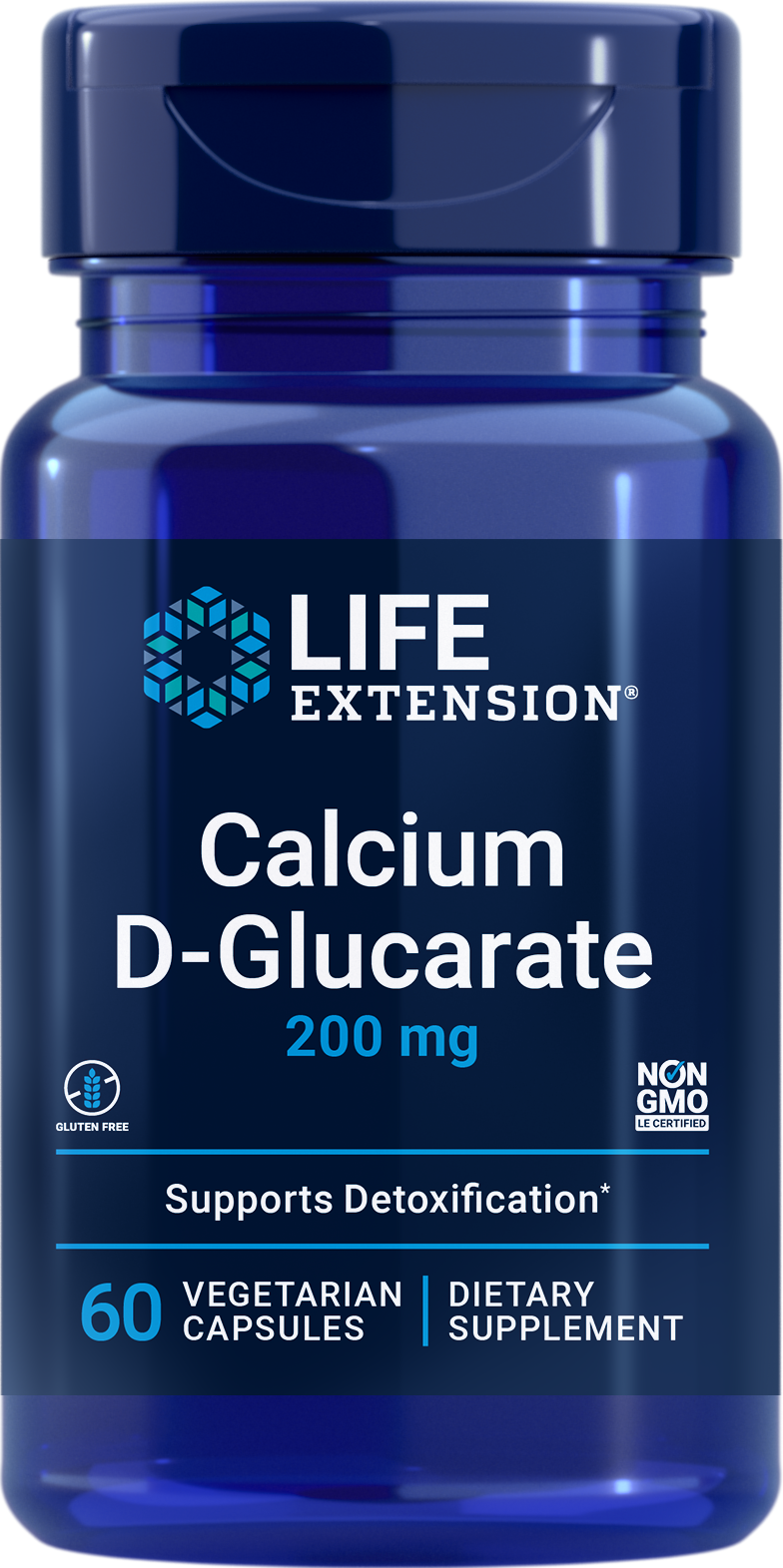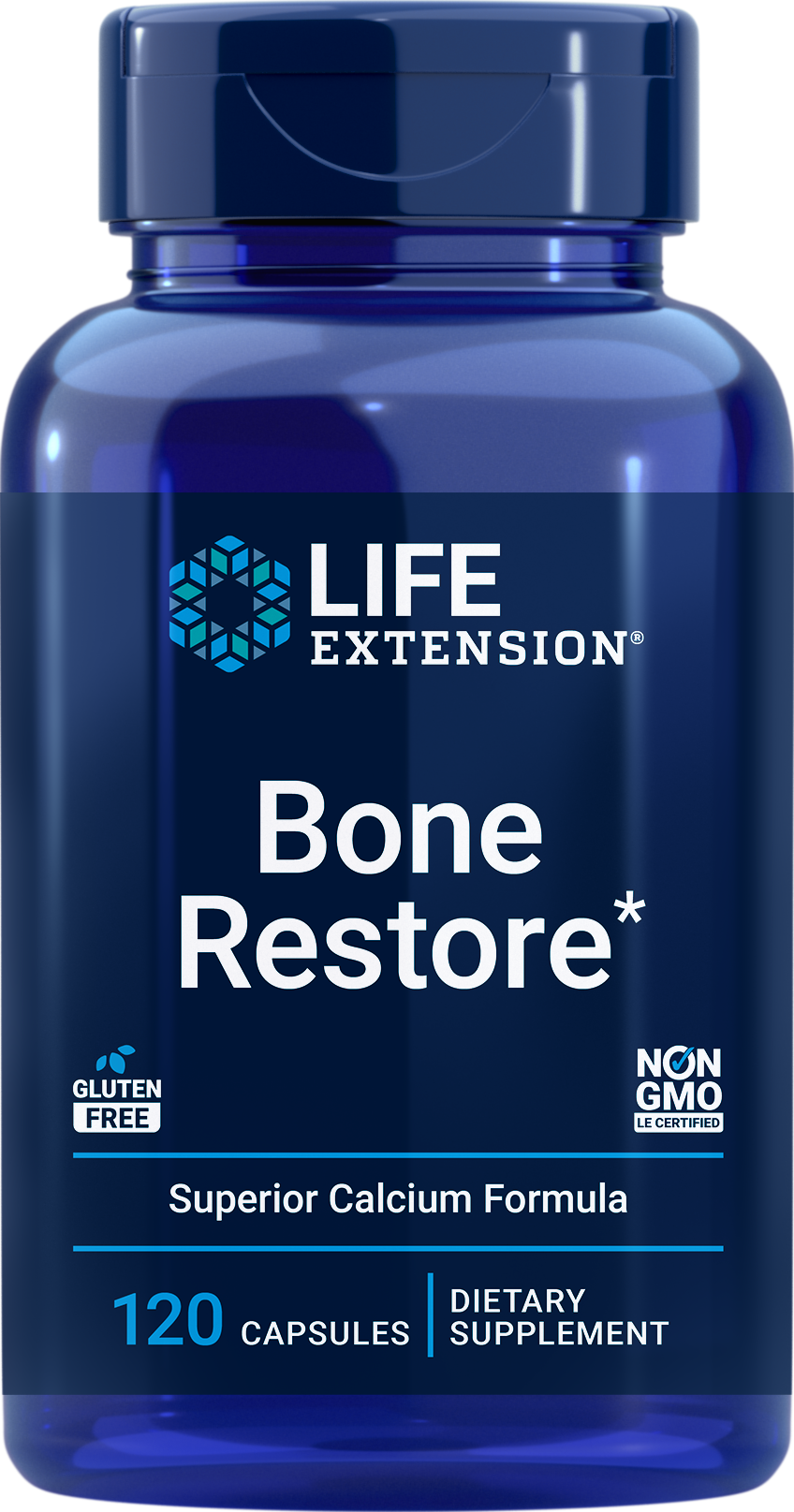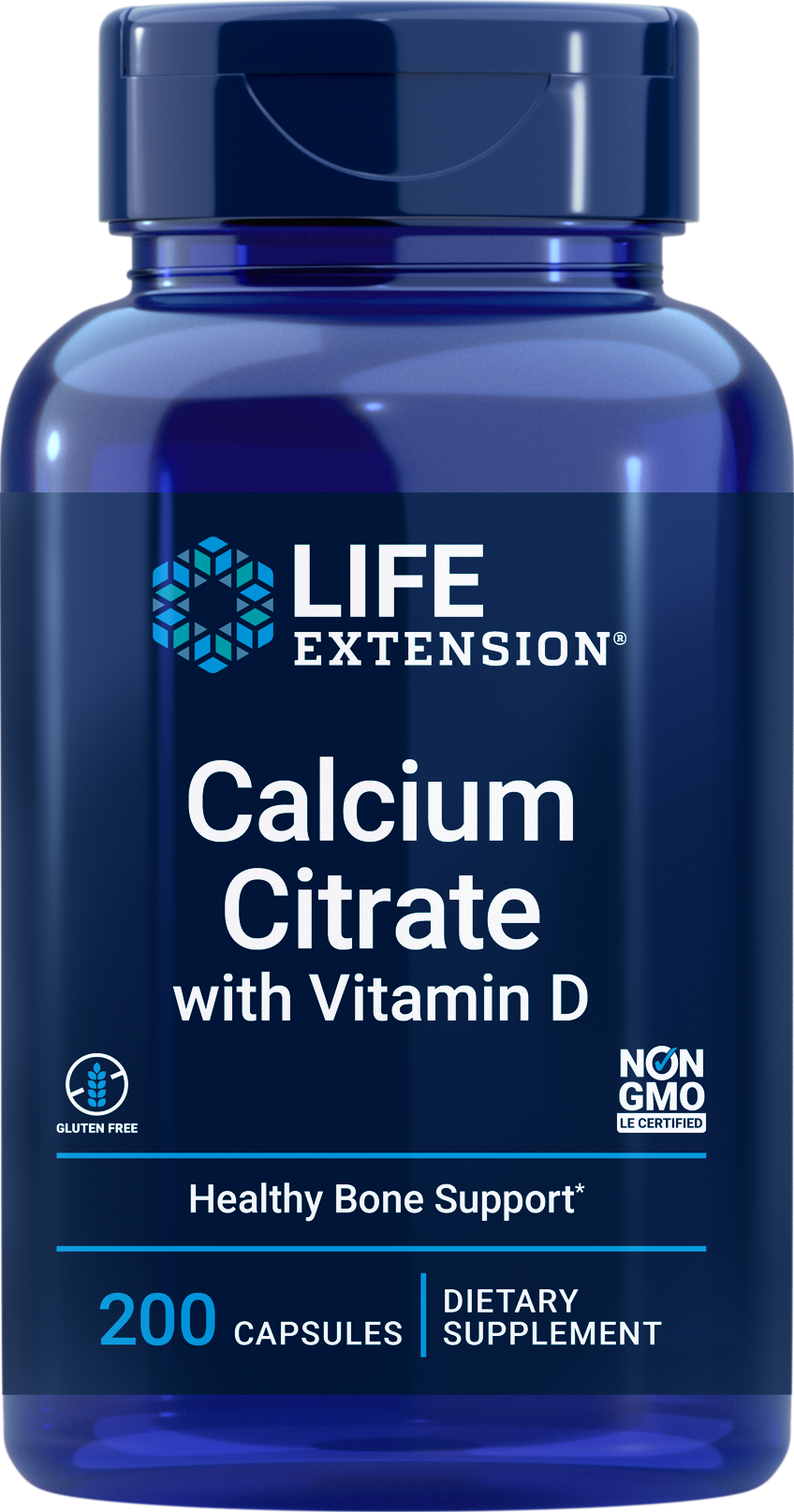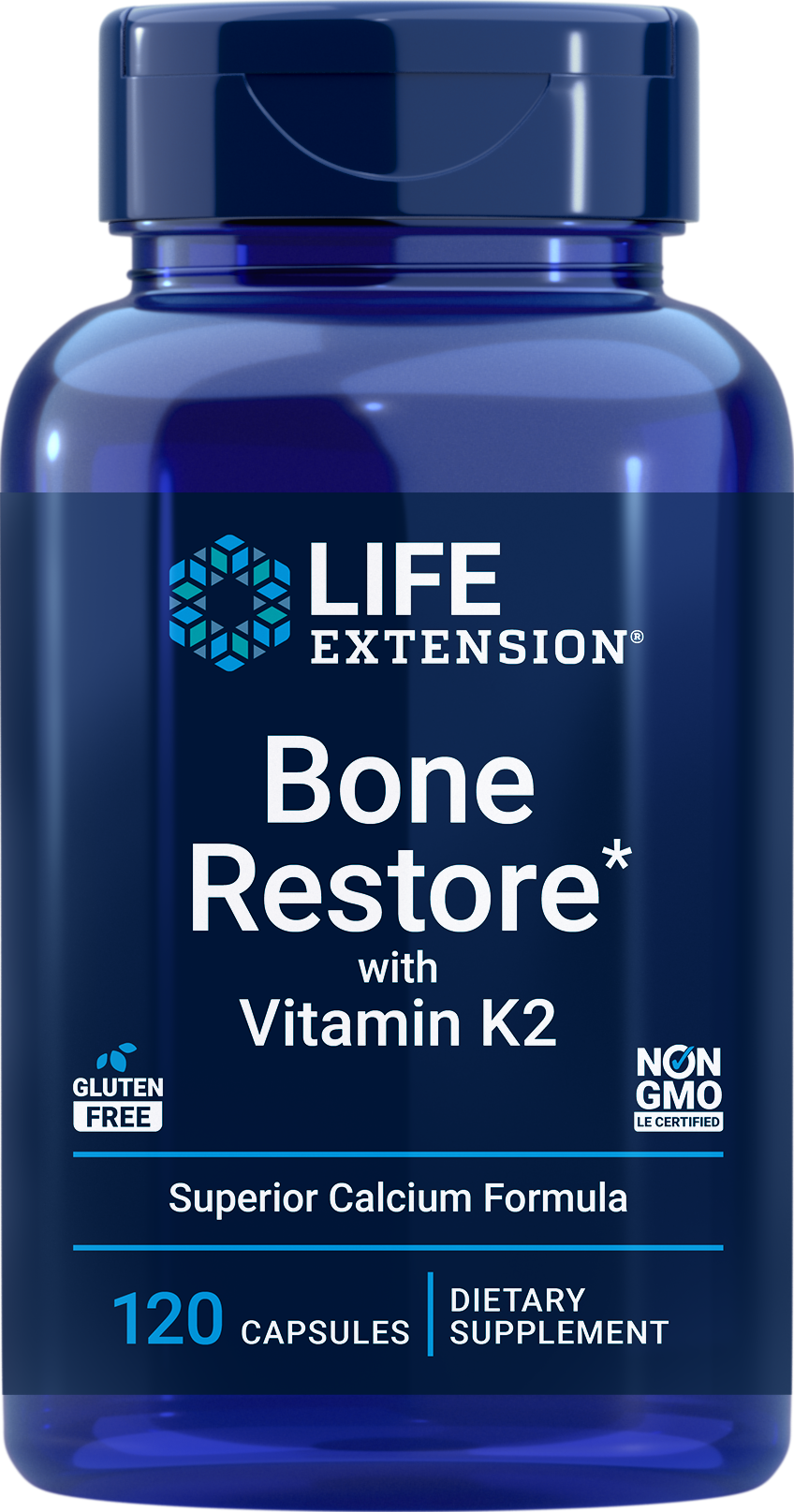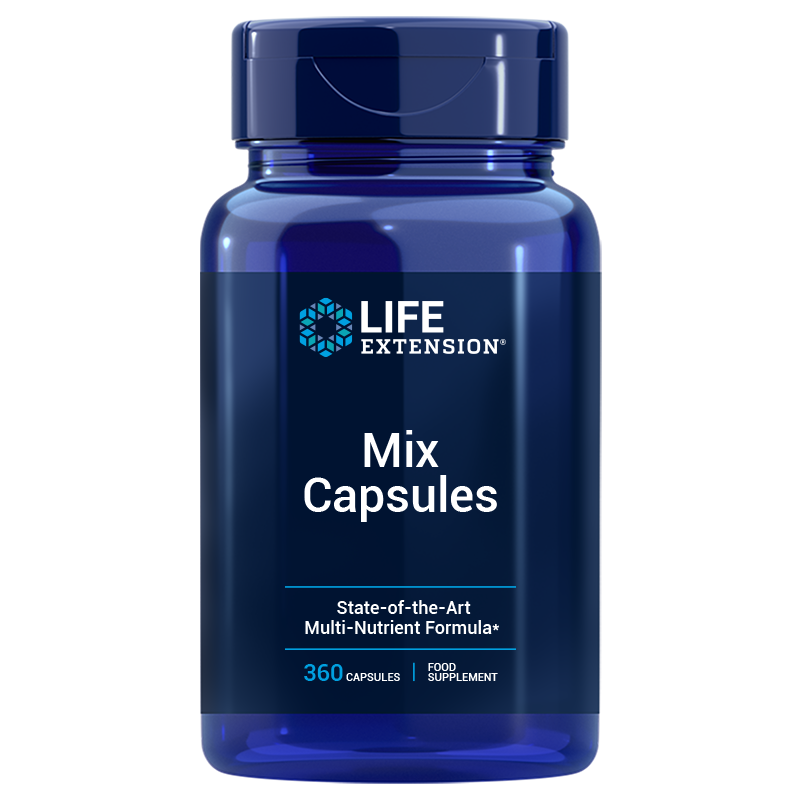
Calcium
Calcium is one of the essential minerals for optimal health.
What is calcium?
It is the most abundant mineral in the body, and 99% of all calcium is found in teeth and bones. In bone formation, calcium forms crystals that provide strength to maturing bone.
It is needed for more than just healthy bones; it is also important for:
- Muscle contraction
- Blood vessel contraction and expansion
- The secretion of hormones and enzymes
- Sending messages through the nervous system
Studies have proven its impact on heart health as a result of increased calcium intake. In addition, scientific evidence suggests that increased intake of calcium may help to maintain optimal weight as well.
How much calcium per day?
How much calcium should we aim to get each day? The amount of calcium you need will depend on your age and sex. But generally, babies and infants need in the ballpark of 200-260 mg, children and teens need 700-1300 mg, and adults need anywhere from 1000-1200 mg.
A consideration for other forms of calcium is organic vs inorganic. "Organic," meaning from a chemical standpoint. Organic salts have carbon-hydrogen or carbon-carbon bonds. Inorganic salts do not.
However, organic forms of salts (like citrate) are better absorbed than inorganic salts (like carbonate). This being said, organic salts typically contain less elemental calcium.
Calcium
Out of stock
Out of stock
See recommended product
Out of stock
See recommended product


